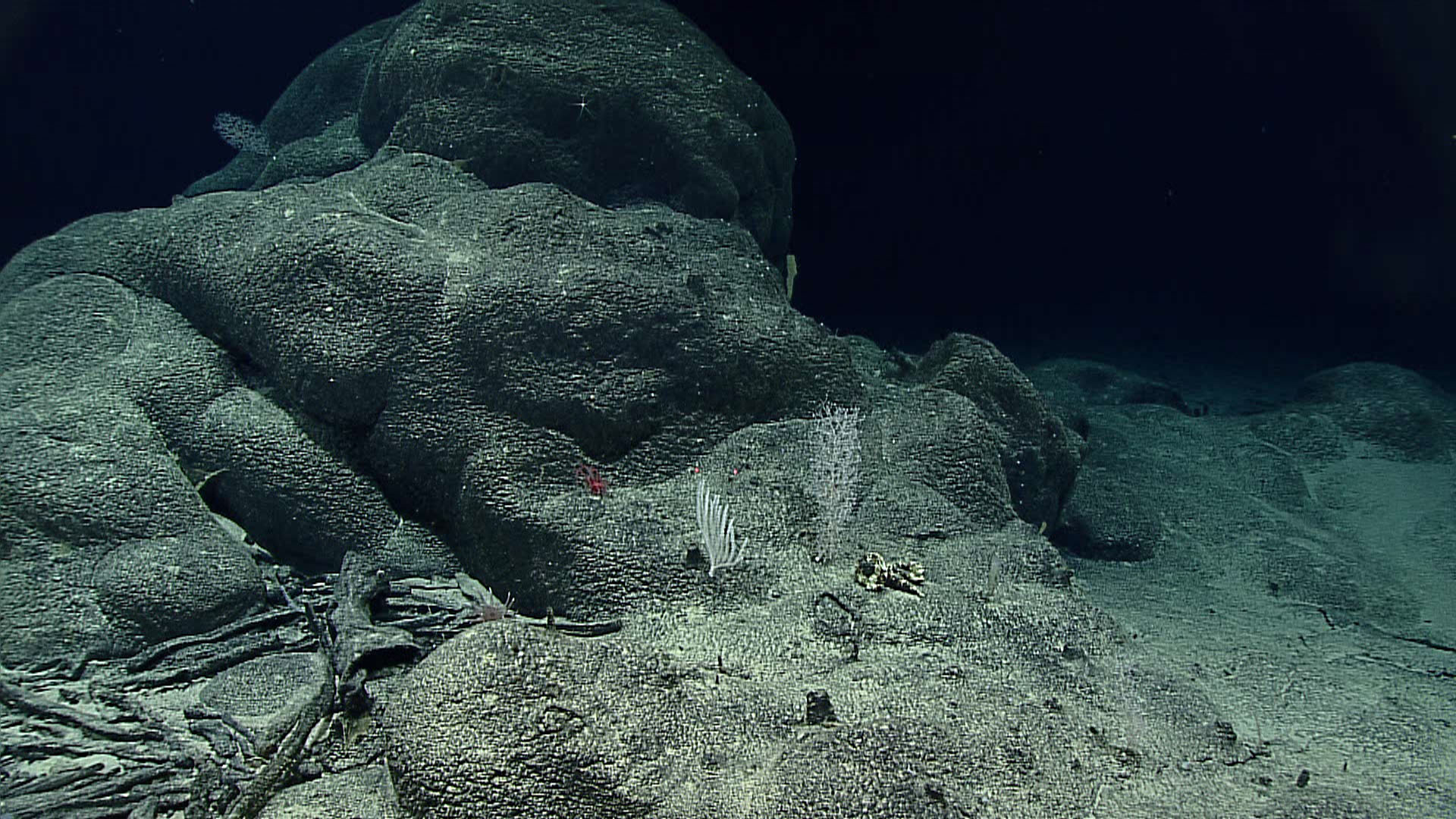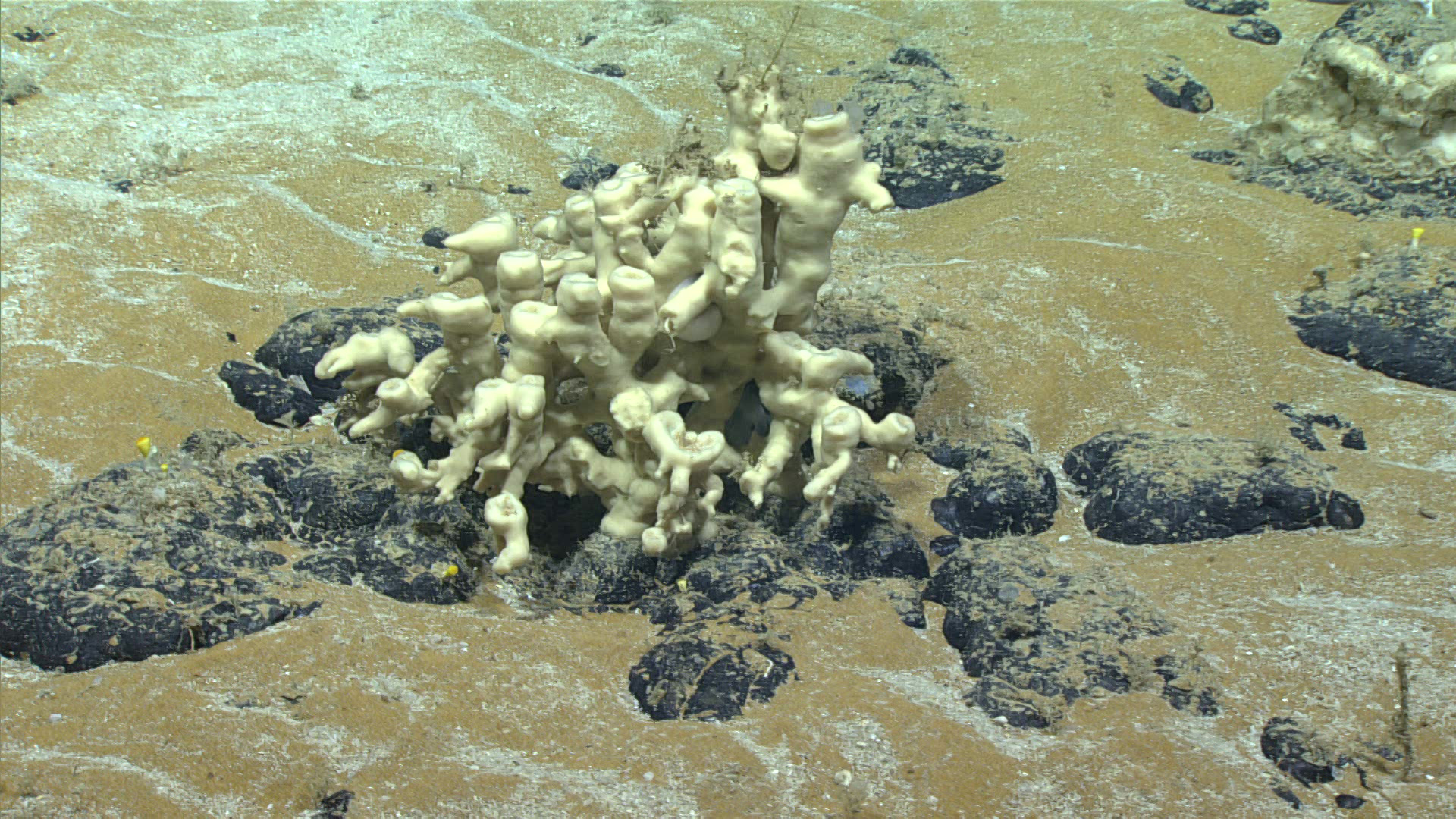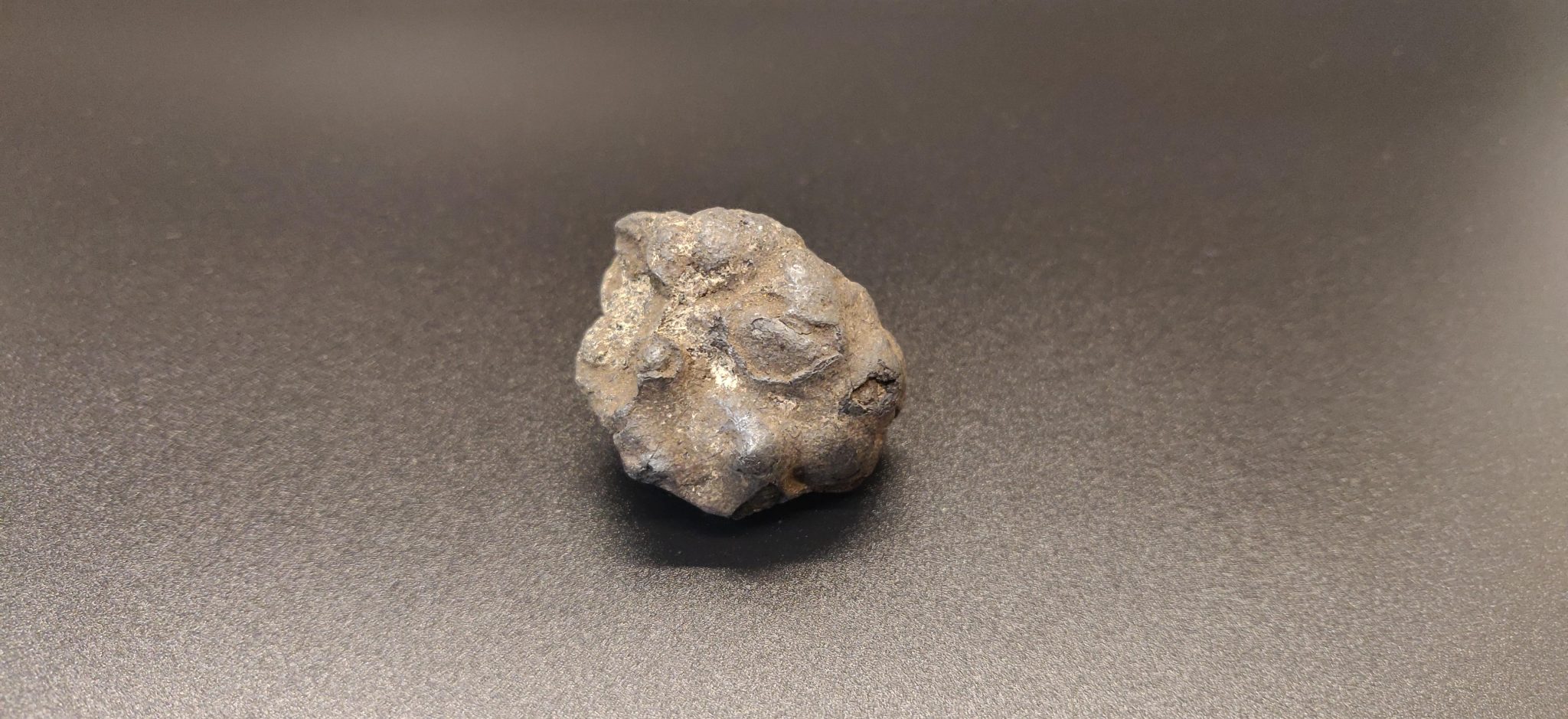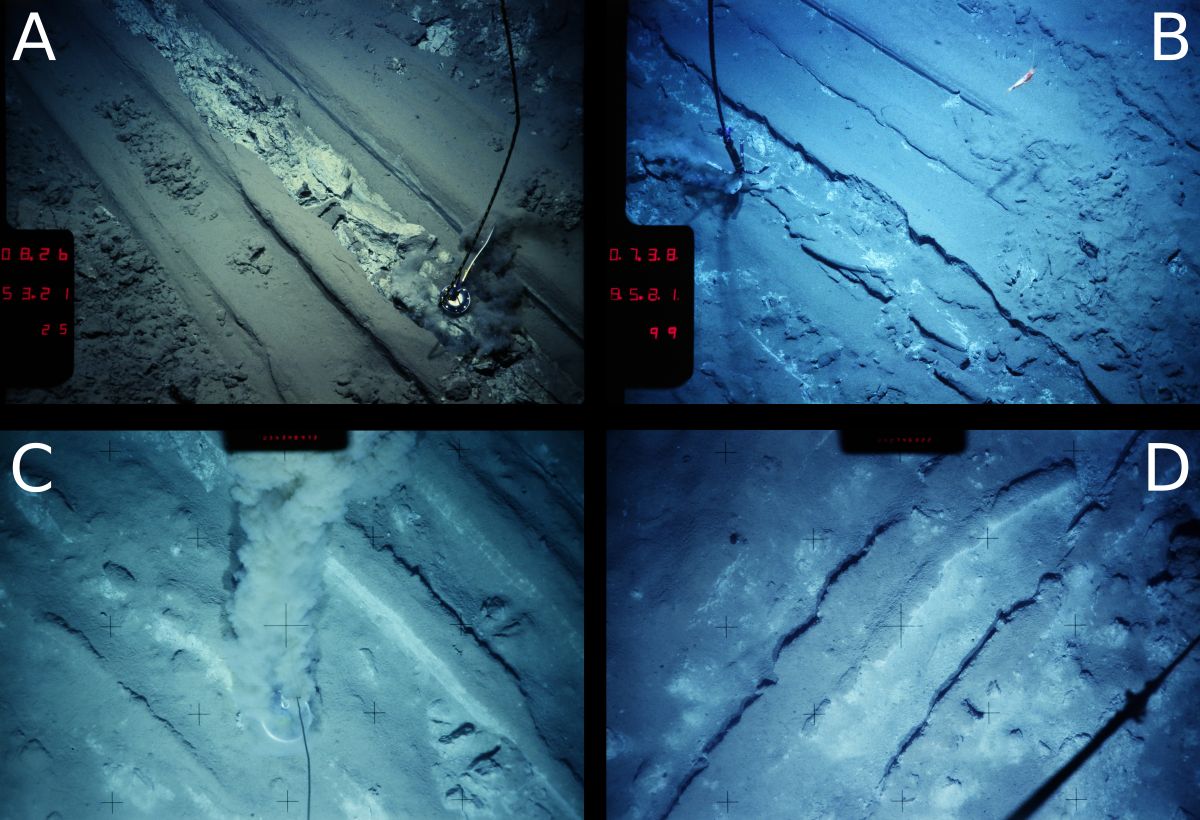As in-person negotiations on the future of exploitation in the deep ocean resume this week in Kingston Jamaica, we reflect back on the last two years of development as reported on our sister site, the Deep-sea Mining Observer. This article first appeared on January 29, 2021.
Since the pandemic brought travel to a halt, the International Seabed Authority has been working to meet contractor deadlines and make progress on a variety of issues revolving around finalizing the mining code, facilitating workshops, and engaging stakeholders and experts through remote meetings. These efforts include workshops on the development of Regional Environmental Management Plans (REMPs) for the Northwest Pacific and the Northern Mid-Atlantic Ridge. Though some stakeholders were satisfied with the efforts to move workshops online, many were left frustrated by a process that felt rushed, less transparent, and less inclusive of the breadth of stakeholders represented by the deep-sea mining community.
Regional Environmental Management Plans are one of the foundational policy instruments that determine how contractors act and interact within a geographic region. They provide guidance for not just individual lease blocks, but for how the whole of an area, including multiple lease blocks by multiple contractors, as well as areas of particular environmental interest and set asides will be managed. The process of negotiating a REMP is long and detail-oriented and includes the input of numerous stakeholder groups and expert advisors. So far, only a single REMP, for the Clarion-Clipperton Fracture Zone, has been approved by the International Seabed Authority.






